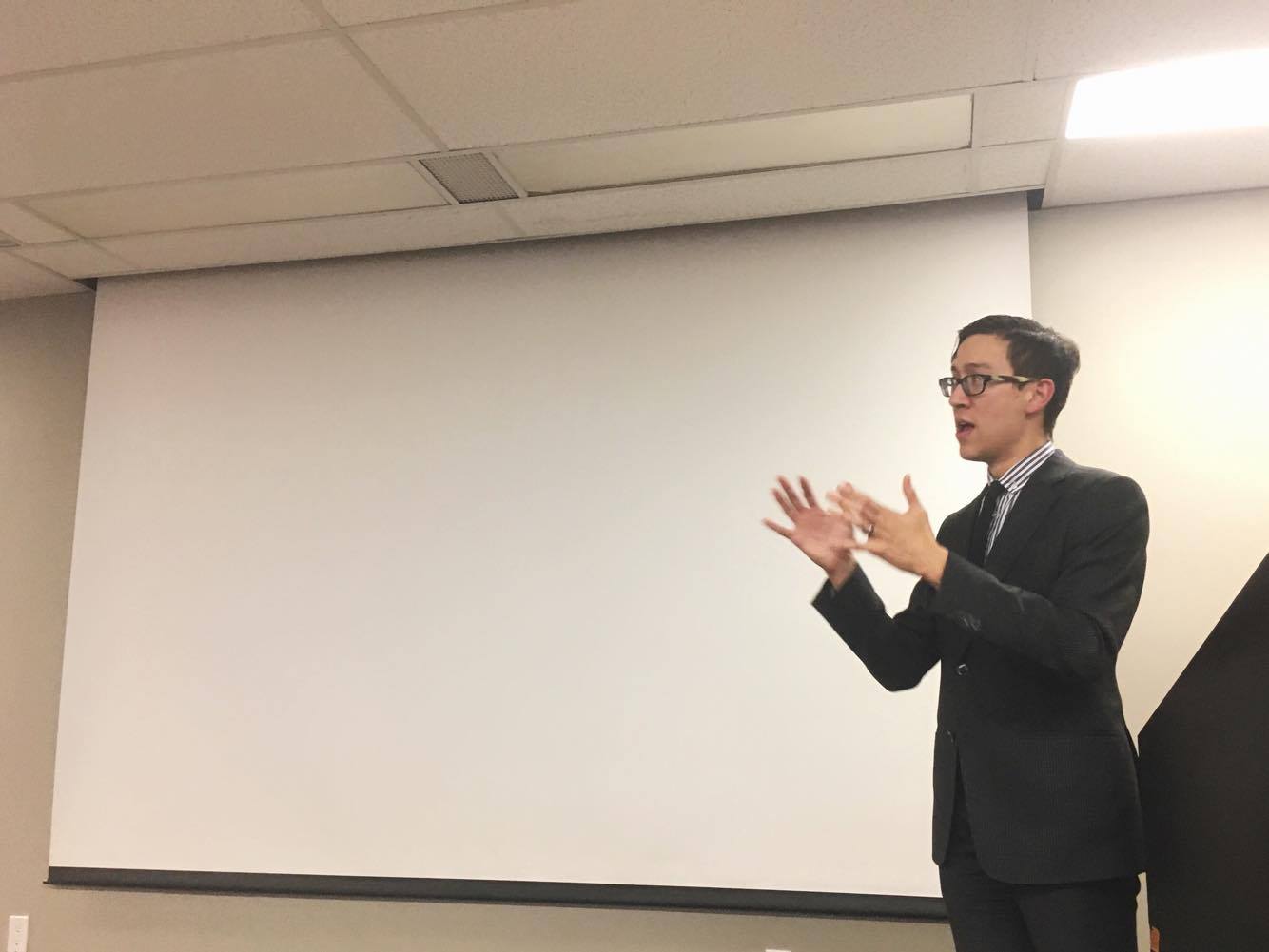Women still face routine discrimination as they increasingly take their place in geek culture, a study from Carleton University has found.
“‘Women spoil the fun’ … This was a pervasive form of discourse,” said Dr. Benjamin Woo, an assistant professor with Carleton University’s School of Journalism and Communication. Woo’s study focused on misogyny in so-called “geek culture,” which can include interests as broad as technology, gaming, cartoons, and film sub-genres.
In his talk titled “Angry Young Nerds: Geek Culture and Toxic Masculinity,” Woo explained how some men see women as obstacles that prevent them from fully participating in geek culture.
Men in Woo’s study talked about what they heard happened to their peers when they got married or found a girlfriend—limiting their ability to play games, for example. According to Woo’s findings, men who had partners were especially likely to think this way.
“Women are portrayed as nagging and seen as unsupportive,” Woo said, adding that men talked about this with a “50s sitcom sense of humour.”
On the other hand, women who participated in Woo’s study said they must expect either invisibility or fetishistic hyper-visibility to be accepted as members of geek culture.
Gina Freitag, a communications co-ordinator and horror film enthusiast, said other fans of the genre almost always expect her to prove herself.
“I have to have the awareness of being categorized. People will have assumptions about my interests, which are usually incorrect,” she said.
But Freitag said she’s never been bullied while attending fan conventions, adding that the geek community—in her experience—is very supportive.
“Women in particular are standing up and saying, ‘Hey! We accomplish things. We do things just as well as men do, and we deserve to have recognition for that,’” said Keya Prempeh, a program co-ordinator with Carleton University’s Gender and Sexuality Resource Centre.
She said that women find solidarity with other women in male-dominated spaces.
“It’s so interesting,” said Sarah Cleary, a Carleton University psychology student who attended Woo’s presentation. “I want to learn more… It left me with more questions than answers.”

Leave a Reply